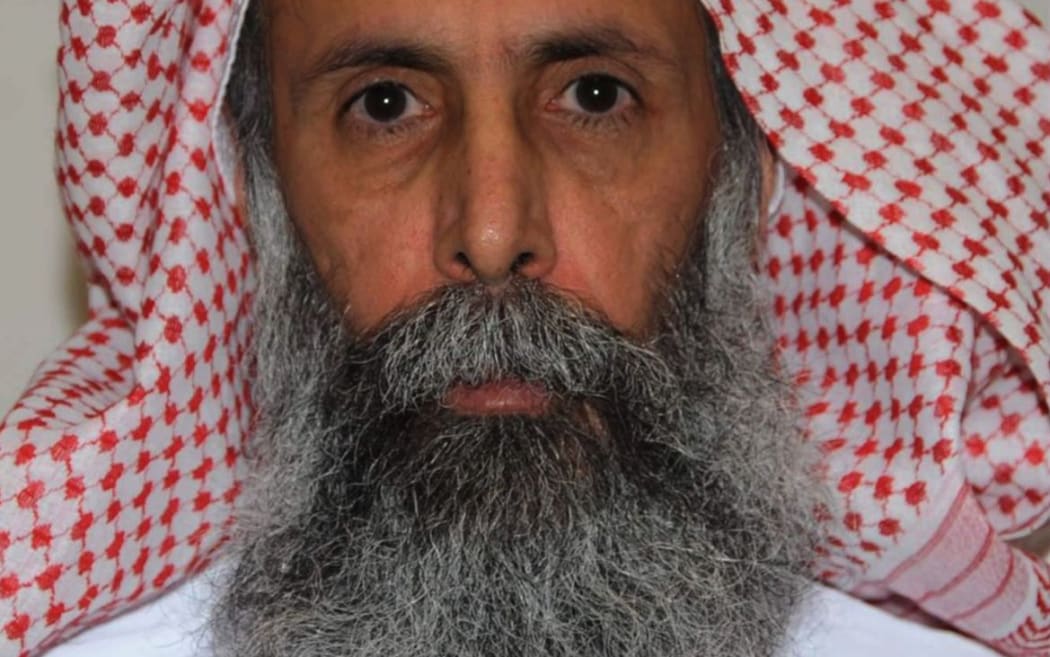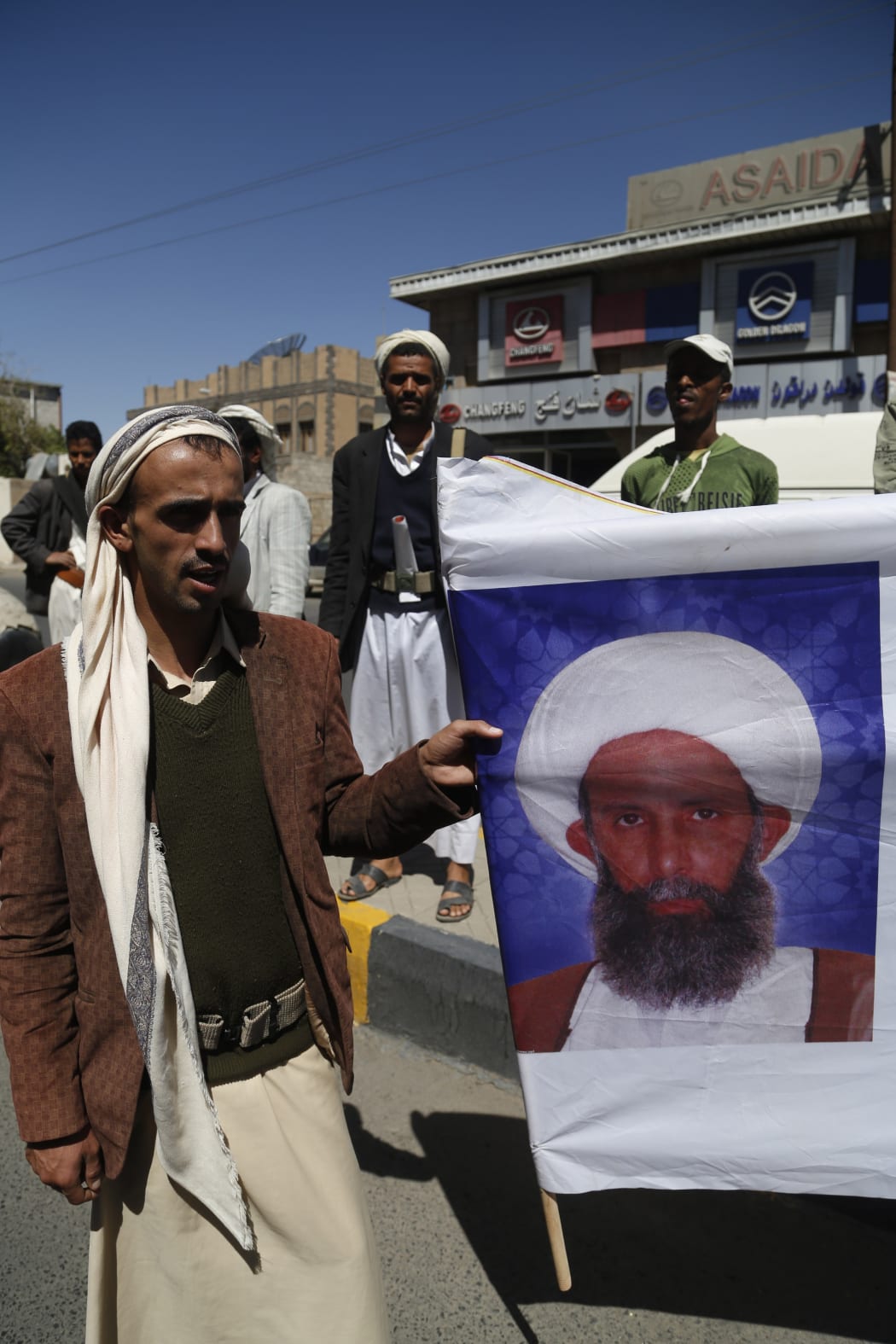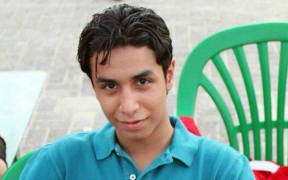Saudi Arabia has executed the prominent Shia cleric Sheikh Nimr al-Nimr, the interior ministry said.

Shia cleric Sheikh Nimr al-Nimr Photo: AFP
Saudi Arabia has executed the prominent Shia cleric Sheikh Nimr al-Nimr, the interior ministry said.
He was among 47 people put to death after being convicted of terrorism offences, it said in a statement.
Sheikh Nimr was a vocal supporter of the mass anti-government protests that erupted in Eastern Province in 2011, where a Shia majority have long complained of marginalisation.
Shia-led Iran said Saudi Arabia would pay a "high price" for the execution.
A foreign ministry spokesman said Riyadh "supports terrorists... while executing and suppressing critics inside the country".
Iranian state TV reported that the Saudi charge d'affaires in Iran had been summoned to the foreign ministry.
Iran is the main regional rival of Sunni-ruled Saudi Arabia.
At least one protest march was held in Qatif, in Eastern Province, where security has been raised.
Protesters shouted the slogans "The people want the fall of the regime", and "Down with the al-Saud family", reminiscent of the 2011 protests.
Among those executed was a man convicted of shooting dead a freelance cameraman on an assignment for the BBC, Simon Cumbers, in 2004.
Adel al-Dubayti was sentenced in November 2014 for his role in multiple al-Qaeda attacks including the one in the capital Riyadh in which Cumbers was killed and which also left reporter Frank Gardner critically injured.
The executions were carried out simultaneously in 12 locations across Saudi Arabia.

A man holds a portrait of Shia cleric Sheikh Nimr Baqir al-Nimr sentenced to death in Saudi Arabia Photo: AFP
Those also put to death include Sunnis convicted of involvement in al-Qaeda-linked terror attacks in 2003. Of the 47 executed, one was a Chadian national while another was Egyptian. The rest are Saudis.
Saudi Arabia's top cleric, Grand Mufti Sheikh Abdulaziz Al al-Sheikh, defended the executions, calling them a "mercy to the prisoners" as it would prevent them committing more crimes, Associated Press reported.
The international rights group Reprieve called the executions "appalling", saying at least four of those killed, including Sheikh Nimr, were put to death for offences related to political protest.
Protests broke out in early 2011 in the oil-rich Eastern Province in the wake of the Arab Spring.
Sheikh Nimr's arrest in the following year, during which he was shot, triggered days of protests in which three people were killed.
Prominent Iraqi Shia cleric Moqtada al-Sadr called for "angry demonstrations in front of Saudi sites and interests", but said protests should be peaceful.
Lebanon's Shia council called the execution a "grave mistake" while the Hezbollah militant group said it was an "assassination".
Police in Bahrain, which has seen tensions between the majority Shia population and its Sunni rulers, fired tear gas on protesters angry at the execution.
Saudi authorities deny discriminating against Shia Muslims and blame Iran for stirring up discontent.
Saudi Arabia carried out more than 150 executions last year, the highest figure recorded by human rights groups for 20 years.


